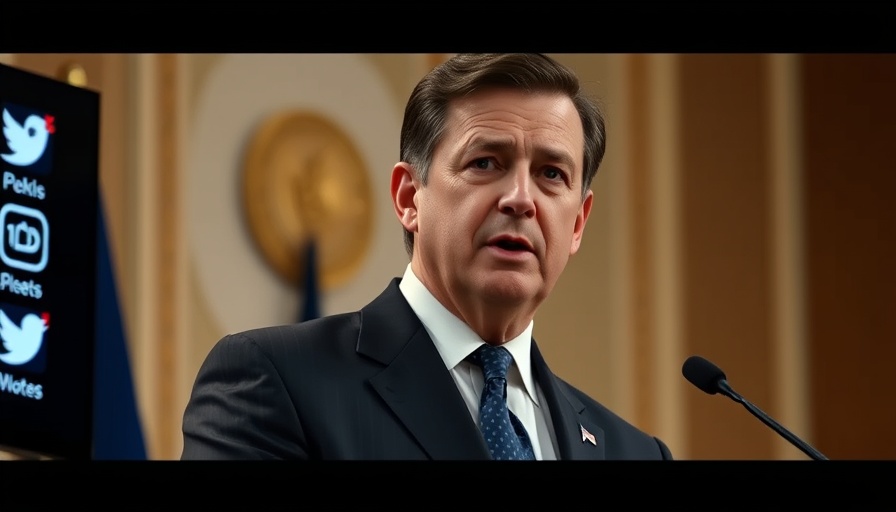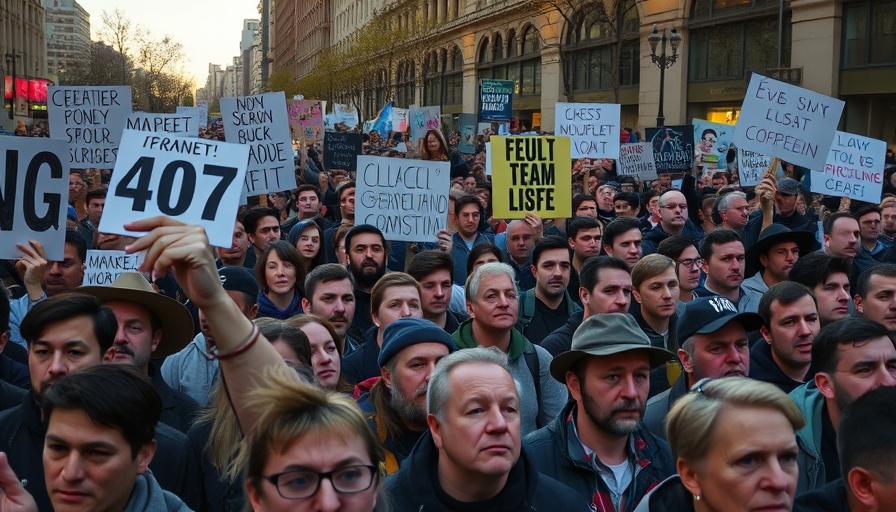
Rising Opposition to Netanyahu’s War Expansion Plan
Israeli Prime Minister Benjamin Netanyahu addressed the media on August 10, 2025, amidst increasing dissent regarding his government’s strategy to intensify the military campaign against Hamas in Gaza. The decision has sparked outrage among various segments of Israeli society, from political activists to ordinary citizens who fear the ramifications of further escalation.
The Context of Military Expansion
The backdrop to Netanyahu’s press conference lies in a contentious political landscape, marked by widespread protests against the current government. Irrespective of party affiliations, a significant portion of the population is questioning the efficacy and morality of continuing military engagements. Reports indicate that many citizens are advocating for diplomatic solutions rather than a military approach, raising concerns about the humanitarian crisis that would ensue with increased hostilities.
Public Sentiment and the Role of New Media
The opposition is further fueled by the influence of social media, where public sentiment is shared and amplified. Many Israelis are taking to platforms like Twitter and Facebook, sharing their views on the ongoing conflict and questioning governmental narratives. This grassroots mobilization signifies a new era in political engagement, where traditional channels of communication are being supplemented—and sometimes superseded—by digital platforms that amplify diverse voices.
Comparative Analysis: Third Party Involvement in Conflicts
Netanyahu’s response to rising challenges mirrors other global instances where leaders grapple with opposition to military strategies. In similar past situations, such as the U.S. involvement in Iraq or Russian engagements in Syria, the leaders faced significant backlash for their military decisions. The outcome of these conflicts often leads to profound economic and social repercussions that extend far beyond the immediate battlefield.
Forecasting Future Developments
Looking ahead, experts suggest that Netanyahu’s government might face critical decisions about whether to pursue military action or to pivot towards negotiations. As the situation evolves, the underlying socio-political factors, including regional stability and international relations, will play pivotal roles. Analysts point out that the ongoing unrest could lead to shifts in public support, influencing future elections and policy conversations.
The Role of International Community
The international community's response to Netanyahu’s military plans will be significant. Many world leaders and organizations have called for measured approaches that prioritize humanitarian assistance and civilian safety. The effectiveness of these diplomatic efforts can serve as a gauge for Israel's future foreign relations, particularly with key allies and neighboring countries.
Implications for Israeli Democracy
The complexities surrounding the conflict raise questions about the state of Israeli democracy itself. The rising opposition and public protests signal a population engaged in its political destiny, with citizens increasingly demanding accountability from their leaders. This heightened public engagement could lead to shifts in traditional party alignments and an impetus for electoral reform.
The Need for Comprehensive Solutions
To navigate the ongoing conflicts, leaders must develop comprehensive approaches that address not only the immediate military concerns but also the underlying issues affecting the population. This includes considering the socio-economic factors at play, such as rising unemployment rates and economic recovery initiatives that have been stymied by the ongoing tensions.
Conclusion
As the world watches the developments unfold, Netanyahu's address to the media reflects the complex nexus of military strategy, public sentiment, and international diplomacy. The call for an expansive military campaign against Hamas is a lightning rod for a broader conversation about policy accountability and the role of citizen engagement in shaping democratic governance. Understanding these dynamics is crucial, not only for Israeli citizens but for the international community seeking to foster peace and stability in the region.
 Add Row
Add Row  Add
Add 




Write A Comment